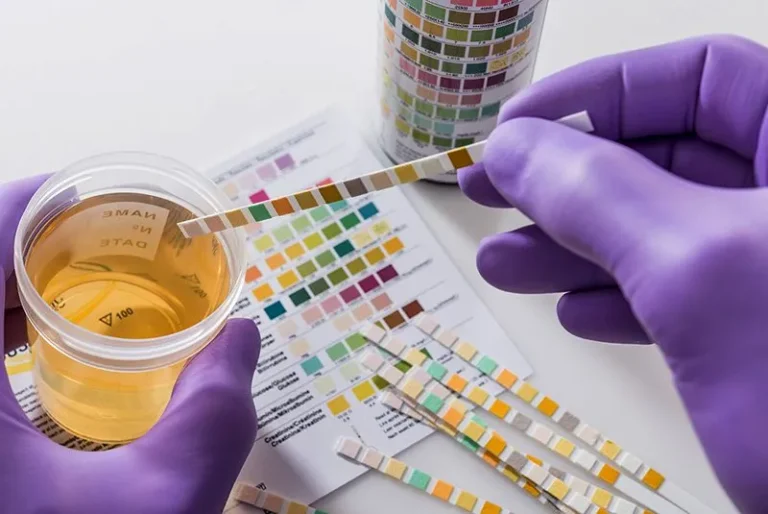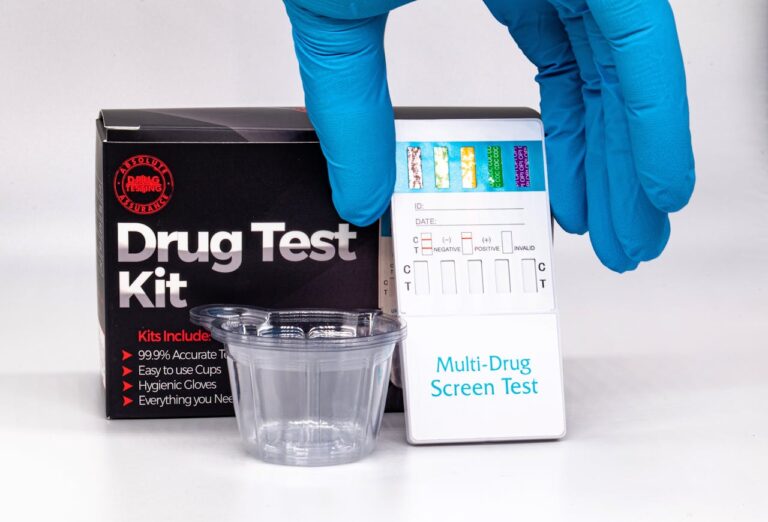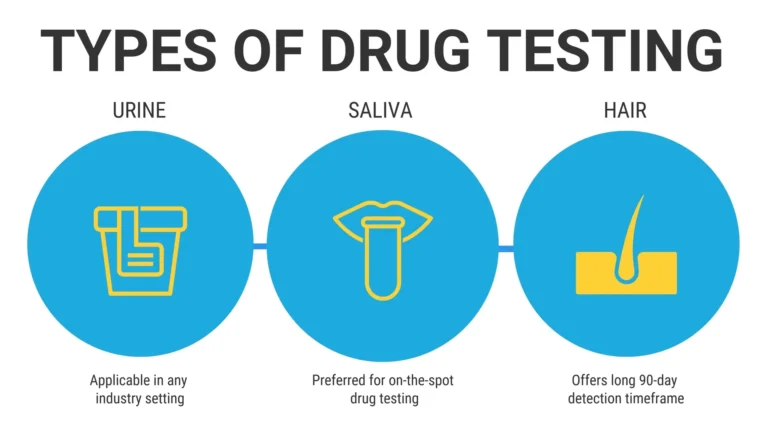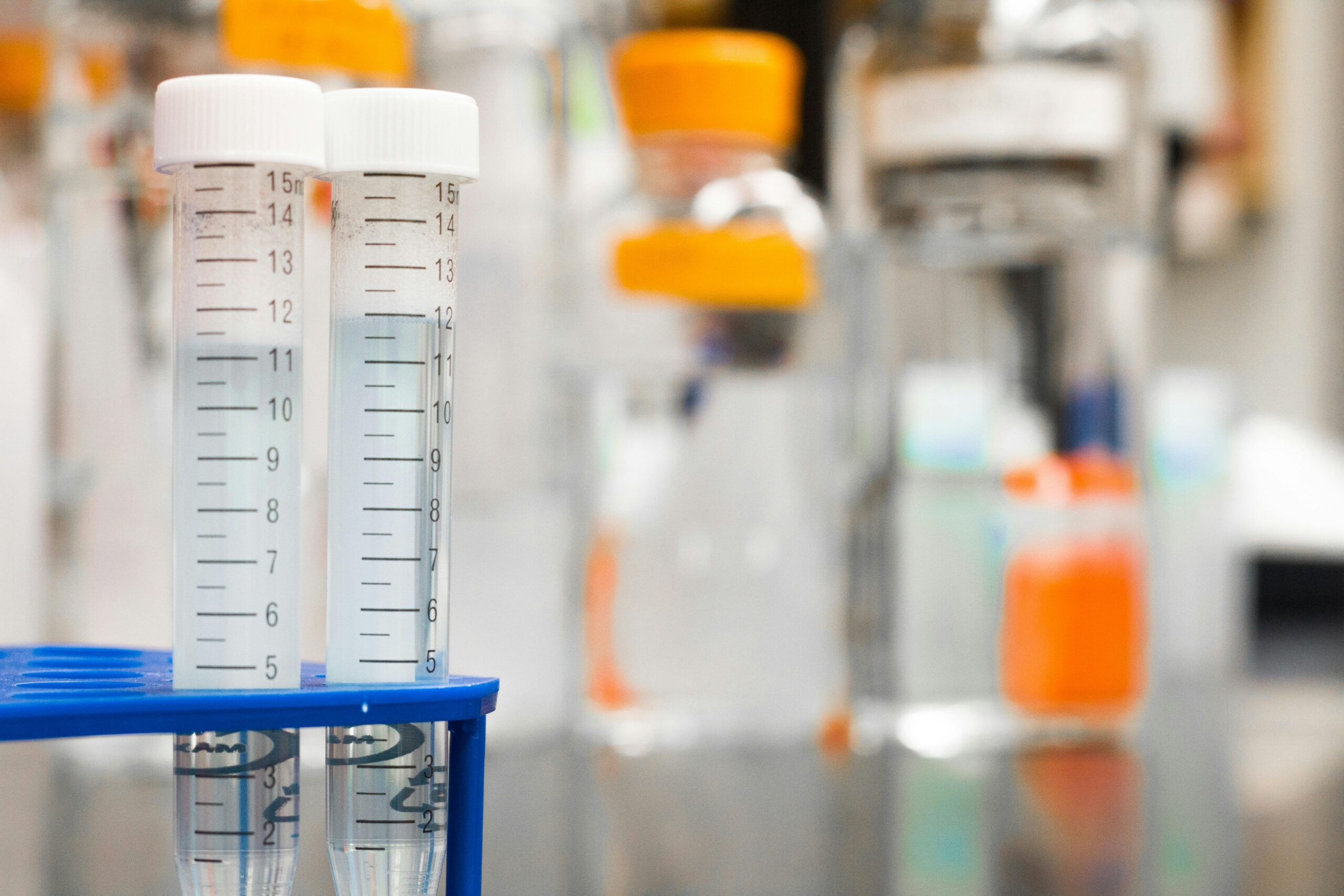
It’s that dreaded drug test again! This moment of truth can be the deciding factor in whether or not an opportunity is pursued, whether it be the acquisition of a new job, the maintenance of an existing one, or even the resolution of legal issues. Employers may implement random drug testing policies after hiring, which can impact employment opportunities, especially if false positive results occur.
Nevertheless, what happens if the results of your test are incorrect? Yes, we are discussing false positives at this very moment. They have the ability to completely transform your world, leaving you with a mixture of confusion, frustration, and a million questions of your own. Now, in the event that you ever find yourself in this precarious circumstance, let’s discuss how to contest false positive drug tests and what steps you can take to rectify the situation.
Key takeaways
- If you receive a positive result, ask for a more accurate confirmation test (e.g., GC-MS) to verify the result.
- Check if medications, supplements, or foods (e.g., poppy seeds) could have caused the false positive and gather supporting documentation.
- Know your legal rights to dispute the result, and consult with a lawyer or medical professional to help resolve the issue effectively.
Table of Contents
Can you explain what a false positive is
Dissection of false positive test results comes first. A false positive drug test situation is the outcome should the test falsely show that a drug is present in your system. This phenomena can result from several elements, including cross-reactivity with other drugs, laboratory mistakes, or even faulty testing kits. It is more common than you would believe, thus knowing this can help you to keep your cool and carry on with your life.
False positive drug test results can occur due to various factors, including certain medications, foods, and substances that resemble drugs. Some common causes of false positives include:
Prescription Medications: Painkillers, antidepressants, and antihistamines can sometimes trigger false positives. For instance, certain antidepressants might be mistaken for amphetamines. Various prescription drugs can influence drug test results, causing unexpected outcomes in both employment and medical screenings.
Over-the-Counter Medications: Common medications like Sudafed, Advil, and Aleve have been known to cause false positives. Sudafed, for example, can be mistaken for methamphetamine.
Foods: Believe it or not, what you eat can affect your drug test results. Poppy seeds, found in some breads and pastries, can lead to a false positive for opioids. Even granola bars and tonic water have been implicated in false positives.
Substances: CBD products, vitamin B supplements, and even some mouthwashes can cause false positives. CBD, while legal in many places, can sometimes be mistaken for THC, the psychoactive component of marijuana.
Passive Exposure: Being around marijuana smoke or second-hand smoke can sometimes result in a false positive, even if you haven’t used the substance yourself.
It’s essential to note that false positives can occur even if you have not used any illicit substances. If you’re taking any medications or consuming foods that may cause false positives, it’s crucial to inform the lab or medical official conducting the drug test beforehand.
Preparing for a Drug Test
Preparing for a drug test can be a daunting task, especially if you’re unsure of what to expect. However, being informed and taking the necessary steps can help you feel more confident and prepared.
Before Your Test
Before your test, it’s essential to understand the type of test you’ll be taking and what substances it will detect. Most drug tests are designed to detect the presence of illicit drugs, such as marijuana, cocaine, and methamphetamine, as well as certain prescription medications.
If you’re taking any prescription medications, it’s crucial to disclose this information to the testing administrator. Some medications, such as painkillers and antidepressants, can cause false positive results. Providing documentation from your doctor or pharmacist can help clarify any potential issues.
It’s also important to avoid consuming any substances that could potentially cause a false positive result. This includes foods and drinks that contain poppy seeds, hemp, or other substances that may be mistaken for illicit drugs. Being mindful of what you consume in the days leading up to your test can help prevent any unexpected positive results.


Types of Drug Tests
There are several types of drug tests, each with its unique advantages and applications. The most common types of drug tests include:
-
Urine Tests: This is the most common type of drug test, which detects the presence of drugs or their metabolites in urine. It’s widely used due to its non-invasive nature and ability to detect a wide range of substances.
-
Blood Tests: Blood tests are more invasive but can provide a more accurate measure of current impairment or recent drug use. They detect the presence of drugs or their metabolites in the bloodstream.
-
Hair Tests: Hair tests can detect drug use over a longer period, typically up to 90 days. They analyze hair samples for drug metabolites that have been incorporated into the hair shaft.
-
Saliva Tests: Saliva tests are less invasive and can detect recent drug use, usually within the past few days. They are often used for their convenience and quick results.
-
Sweat Tests: Sweat tests involve wearing a patch that collects sweat over a period of time. They can detect drug use over an extended period and are less commonly used but can be effective in certain situations.
Understanding the different types of drug tests can help you better prepare and know what to expect during the drug testing process.
What Substances Are Detected in Drug Tests?
Drug tests can detect a wide range of substances, including:
-
Illicit Drugs: Marijuana, cocaine, heroin, and other illegal drugs are commonly tested for in drug screenings.
-
Prescription Medications: Opioids, benzodiazepines, and amphetamines prescribed for medical conditions can also be detected. It’s important to disclose any prescription medications to the testing facility.
-
Over-the-Counter Medications: Medications like Sudafed and Advil can sometimes show up in drug tests, leading to false positives.
-
Substances: CBD products, vitamin B supplements, and certain mouthwashes can also be detected and may cause confusion in test results.
Employers can order custom tests to detect specific substances, and some states have laws restricting employers’ ability to consider an applicant or employee’s marijuana use or marijuana drug test result when making a hiring decision.
Employer Responsibilities and Employee Rights
Employers have a responsibility to ensure that their drug testing policies are fair, reasonable, and compliant with applicable laws. Employers must:
-
Provide Clear Notice: Employees should be informed about the drug testing policies and procedures in advance.
-
Ensure Fairness: Drug testing should be conducted in a fair and non-discriminatory manner, ensuring that all employees are treated equally.
-
Allow Disputes: Employees should have the opportunity to dispute positive test results and provide evidence to support their case.
-
Maintain Confidentiality: Test results and medical information must be kept confidential to protect the privacy of employees.
Employees have the right to:
-
Understand the Process: Employees should be informed about the reasons for drug testing and the procedures involved.
-
Receive Notice: Clear notice of the consequences of a positive test result should be provided.
-
Dispute Results: Employees have the right to dispute positive test results and request a re-test if necessary.
-
Confidentiality: Medical information and test results should be kept confidential and only shared with authorized personnel.
It’s essential for employers and employees to understand their rights and responsibilities regarding drug testing to ensure a fair and safe work environment.
Crucially, you have rights about random drug testing in the workplace. After hiring, companies could have random drug testing rules in place; it’s crucial to understand the possibility of false positive results, which could influence job prospects. Reviewing the company’s drug policy will help staff members understand when testing might take place and the steps to follow a positive outcome.
FAQs
Is it possible that certain foods could actually result in a positive drug test result?
Unquestionably! In some cases, a positive drug test result can be caused by foods such as poppy seeds, which may lead to a false positive for opioids. Before a test, it is always a good idea to pay attention to what you consume in terms of food and drink.
Which medications have the potential to produce a false positive result?
For example, certain antihistamines, antidepressants, and antibiotics are among the medications that have the potential to produce false positive results. At all times, make sure to let the testing facility know about any medications, whether they are prescription or over-the-counter.
How long do drugs remain in your system after you take them?
The detection window shifts in accordance with the drug being tested as well as the kind of test being carried out. As an illustration, the presence of marijuana in urine may be detectable for as long as thirty days, whereas the presence of cocaine may only be detected for a few days.
Is it possible to contest a false positive drug test without the assistance of a legal professional?
Numerous individuals do, in fact, resolve false positive disputes without the assistance of legal counsel. On the other hand, if the situation becomes more serious or if it involves significant consequences, it might be beneficial to seek the advice of an attorney.
How common is it for drug tests to find a false positive result?
In spite of the fact that they are not very common, false positives do occur. For a variety of reasons, it is estimated that between 5 and 10 percent of drug tests will produce false positive results.
Final Remarks
Learning how to contest a false positive drug test can help one negotiate the waters of a false positive drug test like walking across a minefield. Still, knowing how to do this will help the trip be much more seamless. Remember to keep your cool, gather the information, and interact politely with the pertinent parties. If you are tenacious and have the necessary knowledge, you will be able to turn a nerve-wracking event into a solved issue, so enabling you to go ahead with confidence.
Dr. Mitchell G. Cohen is a board-certified Internal Medicine specialist with over 34 years of experience in patient-centered healthcare. A graduate of Hahnemann University School of Medicine, Dr. Cohen completed his internship at the University Health Center of Pittsburgh, where he gained invaluable hands-on experience. He is also a certified addiction specialist, holding membership with the American Society of Addiction Medicine (ASAM).
Currently based in Nashua, NH, Dr. Cohen is affiliated with Saint Joseph Hospital, where he provides comprehensive care focusing on both internal medicine and addiction treatment. His expertise includes prevention, diagnosis, and management of adult diseases, as well as specialized care for individuals facing substance use disorders.
Dr. Cohen is committed to fostering open communication, ensuring his patients are fully informed and empowered to make confident decisions about their health and treatment options.

MD Mitchell Grant Cohen
Dr. Mitchell G. Cohen is a board-certified Internal Medicine specialist with over 34 years of experience in patient-centered healthcare. A graduate of Hahnemann University School of Medicine, Dr. Cohen completed his internship at the University Health Center of Pittsburgh, where he gained invaluable hands-on experience. He is also a certified addiction specialist, holding membership with the American Society of Addiction Medicine (ASAM).
Currently based in Nashua, NH, Dr. Cohen is affiliated with Saint Joseph Hospital, where he provides comprehensive care focusing on both internal medicine and addiction treatment. His expertise includes prevention, diagnosis, and management of adult diseases, as well as specialized care for individuals facing substance use disorders.
Dr. Cohen is committed to fostering open communication, ensuring his patients are fully informed and empowered to make confident decisions about their health and treatment options.
- MD Mitchell Grant Cohen
- MD Mitchell Grant Cohen
- MD Mitchell Grant Cohen
- MD Mitchell Grant Cohen
- MD Mitchell Grant Cohen
- MD Mitchell Grant Cohen
- MD Mitchell Grant Cohen
- MD Mitchell Grant Cohen
- MD Mitchell Grant Cohen
- MD Mitchell Grant Cohen
- MD Mitchell Grant Cohen
- MD Mitchell Grant Cohen
- MD Mitchell Grant Cohen
- MD Mitchell Grant Cohen
- MD Mitchell Grant Cohen
- MD Mitchell Grant Cohen
- MD Mitchell Grant Cohen
- MD Mitchell Grant Cohen
- MD Mitchell Grant Cohen
- MD Mitchell Grant Cohen
- MD Mitchell Grant Cohen
- MD Mitchell Grant Cohen
- MD Mitchell Grant Cohen
- MD Mitchell Grant Cohen
- MD Mitchell Grant Cohen
- MD Mitchell Grant Cohen
- MD Mitchell Grant Cohen
- MD Mitchell Grant Cohen
- MD Mitchell Grant Cohen
- MD Mitchell Grant Cohen
- MD Mitchell Grant Cohen
- MD Mitchell Grant Cohen
- MD Mitchell Grant Cohen
- MD Mitchell Grant Cohen
- MD Mitchell Grant Cohen
- MD Mitchell Grant Cohen
- MD Mitchell Grant Cohen
- MD Mitchell Grant Cohen
- MD Mitchell Grant Cohen
- MD Mitchell Grant Cohen
- MD Mitchell Grant Cohen
- MD Mitchell Grant Cohen
- MD Mitchell Grant Cohen
- MD Mitchell Grant Cohen
- MD Mitchell Grant Cohen
- MD Mitchell Grant Cohen
- MD Mitchell Grant Cohen
- MD Mitchell Grant Cohen
- MD Mitchell Grant Cohen
- MD Mitchell Grant Cohen
- MD Mitchell Grant Cohen
- MD Mitchell Grant Cohen
- MD Mitchell Grant Cohen
- MD Mitchell Grant Cohen
- MD Mitchell Grant Cohen
- MD Mitchell Grant Cohen
- MD Mitchell Grant Cohen
- MD Mitchell Grant Cohen
- MD Mitchell Grant Cohen
- MD Mitchell Grant Cohen
- MD Mitchell Grant Cohen
- MD Mitchell Grant Cohen
- MD Mitchell Grant Cohen
- MD Mitchell Grant Cohen
- MD Mitchell Grant Cohen
- MD Mitchell Grant Cohen
- MD Mitchell Grant Cohen
- MD Mitchell Grant Cohen
- MD Mitchell Grant Cohen
- MD Mitchell Grant Cohen
- MD Mitchell Grant Cohen
- MD Mitchell Grant Cohen
- MD Mitchell Grant Cohen
- MD Mitchell Grant Cohen
- MD Mitchell Grant Cohen
- MD Mitchell Grant Cohen
- MD Mitchell Grant Cohen
- MD Mitchell Grant Cohen
- MD Mitchell Grant Cohen







